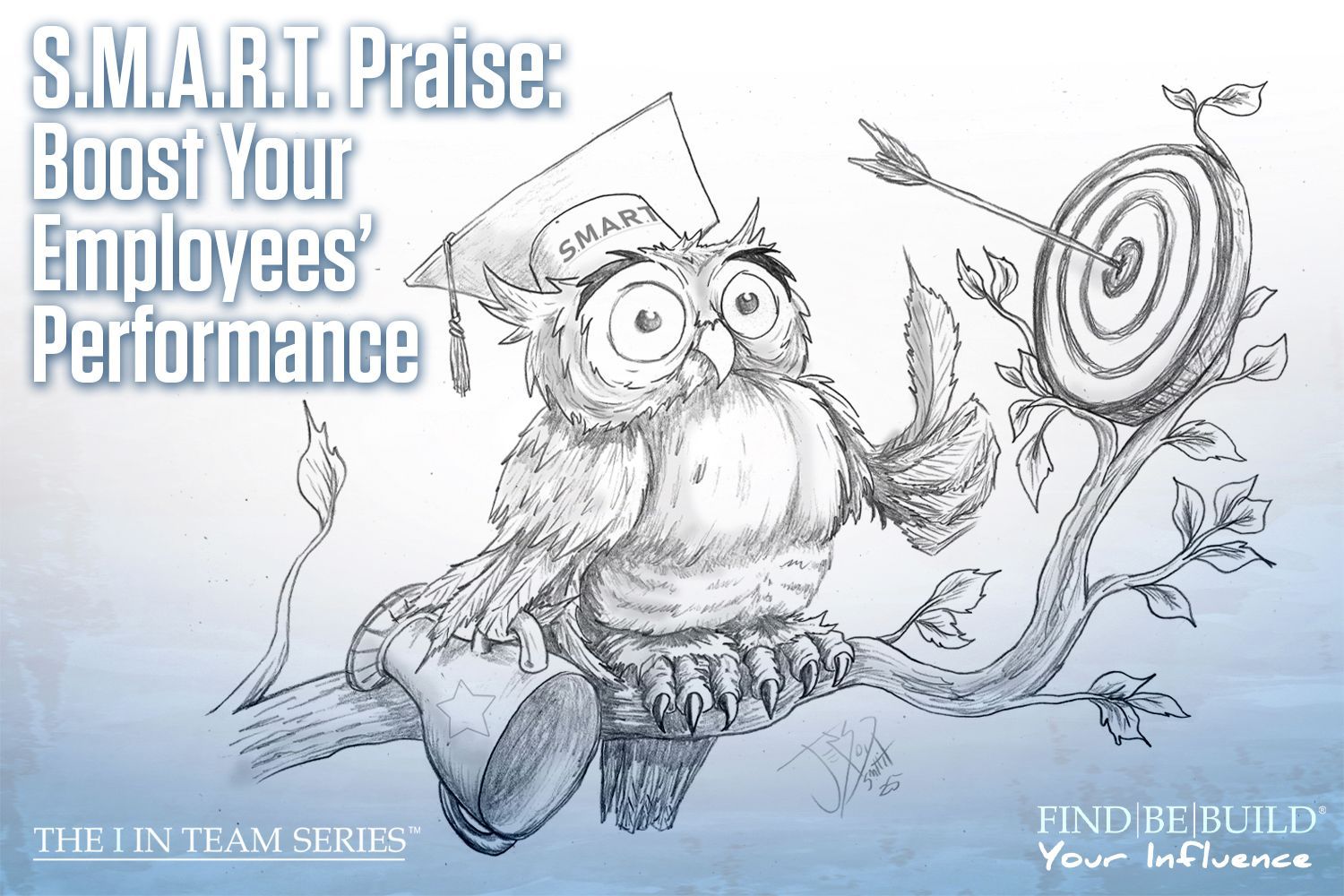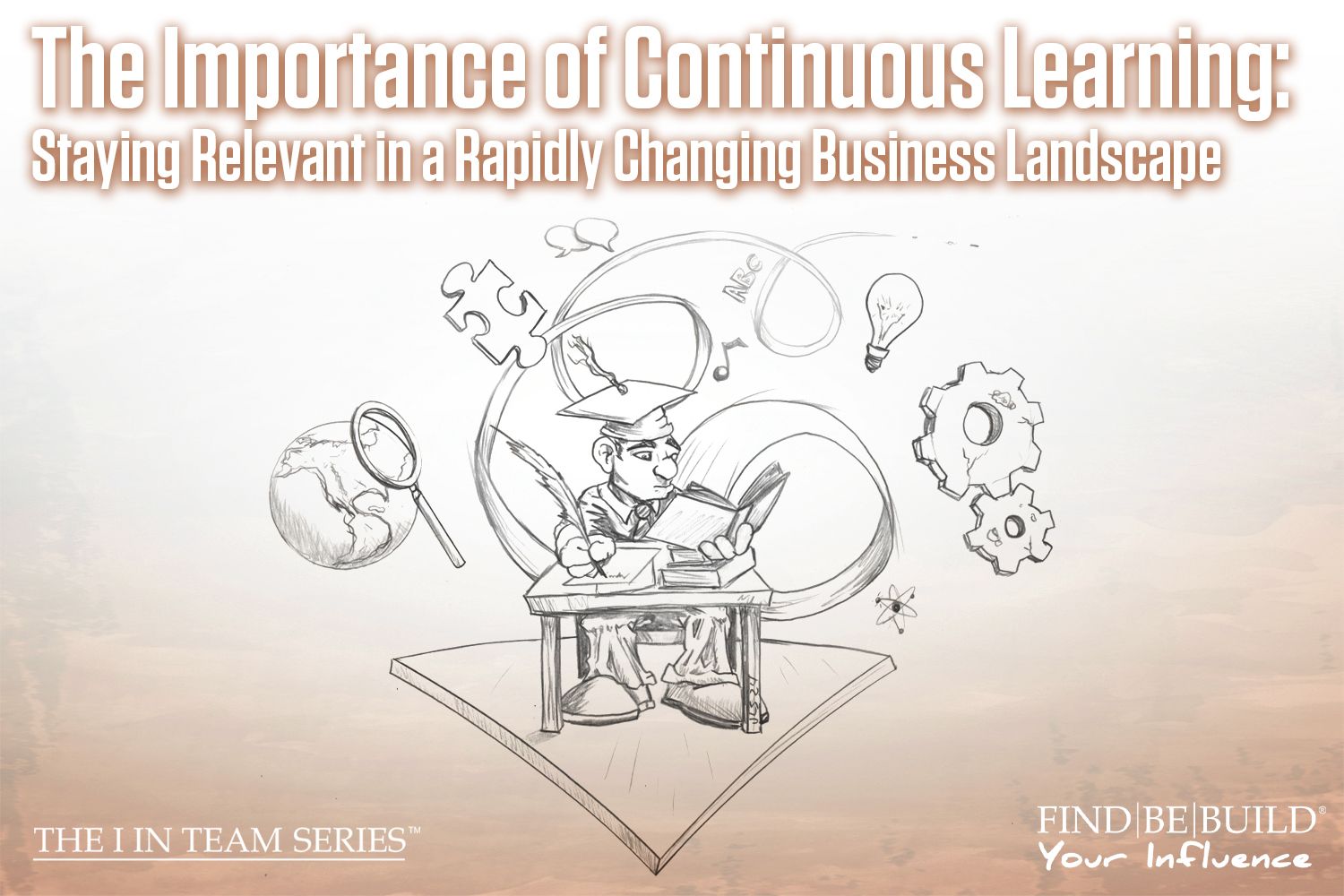S.M.A.R.T. Praise: Boost Your Employees’ Performance

Hello, team! Mary here, continuing our journey through the I in Team series, where we empower you to find, be, and build your influence. In our team’s Gratitude Group, we were discussing praise at work when one of our members framed it in terms of S.M.A.R.T. (Specific, Measurable, Achievable, Relevant, Timely). Since we focus heavily on this principle at IA Business Advisors, it felt share-worthy. Hopefully, by delivering S.M.A.R.T. praise, you can boost your employees’ performance and create a culture of recognition that drives long-term success.
Being Specific
Praise is most effective when it is specific. Instead of a vague “Great job!” or “You’re amazing!”, take a moment to articulate exactly what the employee did well. Ask yourself:
- Why am I recognizing this person?
- What specific action or behavior am I praising?
- Did they excel on a project? Demonstrate exceptional problem-solving? Show initiative?
Example
Instead of saying, “Great job on the project!” try, "Your detailed market analysis in the Q1 report helped us identify key trends, which directly shaped our sales strategy. Excellent work!"
Specific praise communicates to employees that you are paying attention to their contributions. It also reinforces the behaviors you want to see repeated. When praise is clear and connected to actions, employees feel more valued and understand exactly what made their work exceptional.
Making it Measurable
For praise to be impactful, tie it to measurable results when possible. Recognition based on concrete achievements makes it more meaningful and reinforces accountability.
However, measurement is not just about numbers. It’s also about gauging the impact of an employee’s actions on team morale, company culture, or a client relationship. Consider questions like:
- How did their work improve efficiency?
- Did it contribute to overall team success?
- Did it directly impact company performance?
Example
"You closed five major deals this month, exceeding your target by 20%. That’s an incredible contribution to our sales growth!"
At the same time, be mindful of how much and how you deliver praise. Some people enjoy public recognition, while others prefer private acknowledgments. Too much praise may feel disingenuous, while a lack of praise can lead to disengagement. The goal is to find the right balance for each employee.
Ensuring Achievability
Recognition should be based on accomplishments that employees genuinely earned through their effort and skills. Praise should be realistic and proportionate to what they achieved.
Example
"Your proactive approach in streamlining the onboarding process reduced training time by two days, making it easier for new hires to adapt to our team."
This reinforces the idea that success is attainable through effort, rather than being based on luck or favoritism. If praise feels excessive or unwarranted, it can diminish its impact over time.
Making Praise Relevant
For praise to be meaningful, it must be aligned with company goals and values. Recognition should highlight behaviors that support the organization’s mission and an employee’s role.
Example
Instead of saying, “Nice teamwork!” say, "Your willingness to assist the marketing team on short notice helped ensure our campaign launched on time. Thank you for supporting our company’s commitment to agility and collaboration!"
By making praise relevant, you reinforce behaviors that contribute to the company’s success and show employees how their work connects to the bigger picture.
Acting Timely
Timeliness is key to effective praise. The longer you wait to recognize someone, the less impactful the recognition becomes. When possible, deliver praise as close to the event as possible to reinforce positive behaviors in real time.
Example
"Your outstanding performance during yesterday’s client presentation secured a long-term contract, demonstrating your expertise and confidence."
By recognizing achievements quickly, you not only boost morale but also increase the likelihood that employees will repeat those positive actions.
Bottom Line: Creating a Culture of S.M.A.R.T. Praise
When praise is S.M.A.R.T., it motivates employees, strengthens engagement, and reinforces company values. To build a culture where recognition drives performance:
- Clearly define what the employee did well
- Link the praise to measurable outcomes
- Ensure accomplishments align with the employee’s role and responsibilities
- Connect praise to company values and objectives
- Deliver praise promptly to maximize impact
By making praise intentional and structured, you not only boost employee performance but also cultivate a workplace culture where people feel valued and motivated to contribute their best work.
How will you implement S.M.A.R.T. praise this week?











